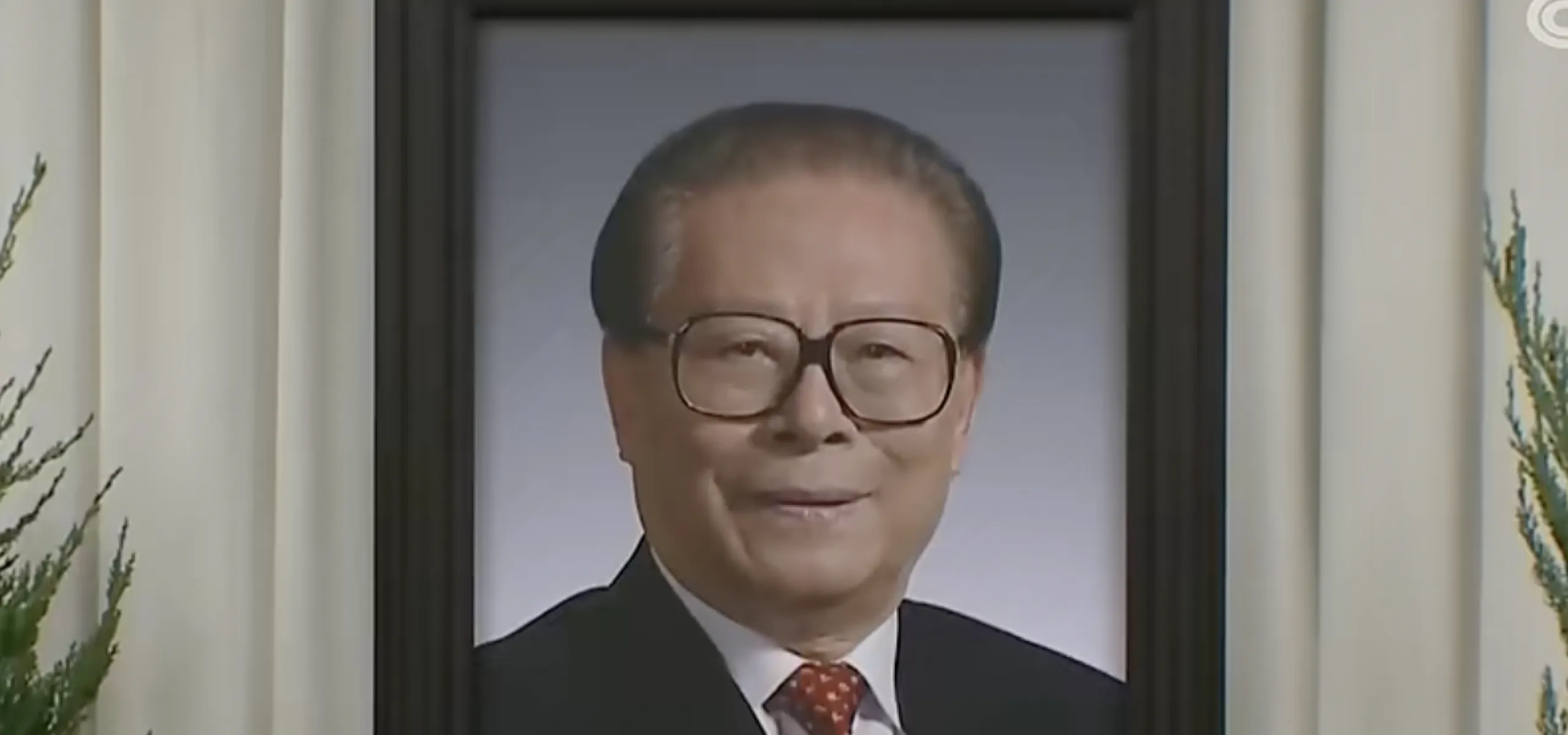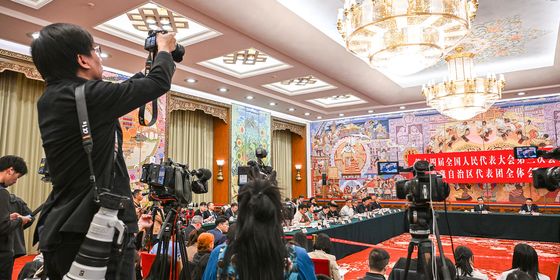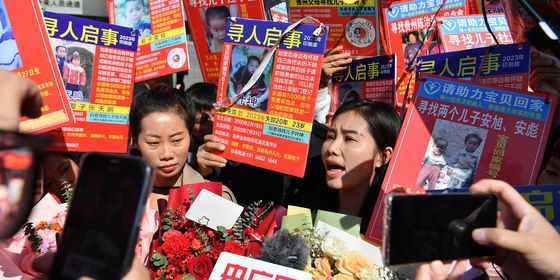China’s former president dies aged 96, multiple cities relax Covid restrictions, Chinese tea granted World Heritage status, astronauts return from space—it’s Viral Week
Former president Jiang Zemin passes away, aged 96
Jiang Zemin, China’s president between 1993 and 2003, passed away on November 30 at the age of 96. Jiang led China during a critical period in the 1990s following economic reforms of the earlier decades, and one of his most notable achievements was letting China join the World Trade Organization in 2001.
The national flag on Tiananmen Square in Beijing is being flown at half-mast, while many websites and apps have switched to black-and-white interfaces in mourning of the country’s former leader. A memorial service attended by members of the central government and broadcasted nationwide will be held on December 6, but the official announcement says there will not be a funeral ceremony.
Multiple cities relax Covid restrictions
After a weeks-long stint of lockdowns and other measures to contain local outbreaks, cities around China, including Guangzhou, Shanghai, Hangzhou, Urumqi, and Beijing are relaxing Covid rules even as cases continue to rise. Testing is being reduced in some areas, with a number cities stating it is no longer mandatory, while some public places no longer require recent negative test results to enter. In Beijing, residents no longer require a negative rest result to ride public transportation. The new strategies come after frustration at China’s ”Dynamic Zero” policy has built, and overzealous enforcement of restrictions have come under scrutiny.
Major Covid testing company under investigation
Nucleus Gene, one of the largest companies running Covid tests around China, came under fire after the city of Lanzhou, Gansu province, found inconsistencies in testing results run by the company. The Shenzhen-based company owns more than 30 subsidiaries around the country, often branded as Nucleus Gene Huaxi, and multiple violations associated with the company have been reported in addition to the Lanzhou incident. As China’s Covid-prevention strategy has been heavily reliant on mass testing on its citizens, many expressed anger online, condemning Nucelus Gene and other companies for profiting off the pandemic.
Controversy over man who filmed himself helping senior
Bi Kun, a 32-year-old man in Shanghai who helped an elderly man get up from a fall sparked debate for shooting a video before going to lift the senior, who had collapsed in the street and was calling for help. Many netizens found it chilling that Bi felt he had to take this step to avoid being accused of causing the fall or having the senior potentially extort money from him for causing injuries (a practice known as pengci or “bump porcelain”). Many Chinese cities still lack “good Samaritan” laws and there have been famous cases where bystanders have been ruled responsible for medical costs and other compensation for people they’ve assisted—most notably, the 2006 case of Peng Yu, a young man in Nanjing who helped an old woman who fell off the steps of a bus, but was later accused of pushing her and ordered to pay compensation by the court.
Chinese tea joins UNESCO World Heritage list
Traditional Chinese tea processing has been added to the UNESCO World Heritage list. Tea, mostly grown in southern China, is native to the country and was a major export from China for centuries along the Silk Roads. Some famous varieties, such as Longjing tea from Hangzhou and Pu’er tea from Yunnan province, are sometimes sold as collectors’ items worth millions of yuan.
Woman breaks ribs after spicy food induces violent coughing
A Shanghai resident broke four ribs after coughing too hard following a spicy meal. Her doctor stated that her low body mass index (she weighed 57 kilograms at a height of 1.71 meters) was a factor in the fracture. This is not the first time a slender woman has broken bones in seemingly strange ways, and many netizens latched onto the incident to criticize beauty standards for women in China that emphasize unhealthy thinness.
Conscientious consumer earns praise
A consumer in Taizhou, Zhejiang province, counted the box of 500 cotton swabs she bought online on a whim, only to find the total 88 short of advertised. She showed the seller images of all the swabs marked with different pens, reminded them to be honest, and accepted their apologies and a 2-yuan refund. Her “earnestness” won support of many netizens with similar experiences.
Women who bought apartment and car for brother sparks sexism debate
A 32-year-old woman surnamed Pan from Anhui province has sparked public debate after it emerged she spent 4 years saving 1 million yuan to buy her brother an apartment and a car. Pan made the money via her own small pancake restaurant, and even gifted the business to her brother. Pan told media she wanted to help her brother, who is four years her junior, to get married. Many netizens criticized Pan for giving her hard-earned cash to her brother, and expressed dismay at still-prevalent patriarchal traditions where some families expect daughters to contribute to their brothers’ finances, but she responded by saying she was happy to support her family.
Astronauts return from Shenzhou 14 mission
Astronauts on China’s Shenzhou 14 mission returned to earth on December 4 after spending six months aboard the Tiangong space station. Chen Dong, Liu Yang, and Cai Xuzhe touched down at the Dongfeng Landing Site in Inner Mongolia, just two days after they handed over control of the space station to the Shenzhou 15 crew on December 2.












